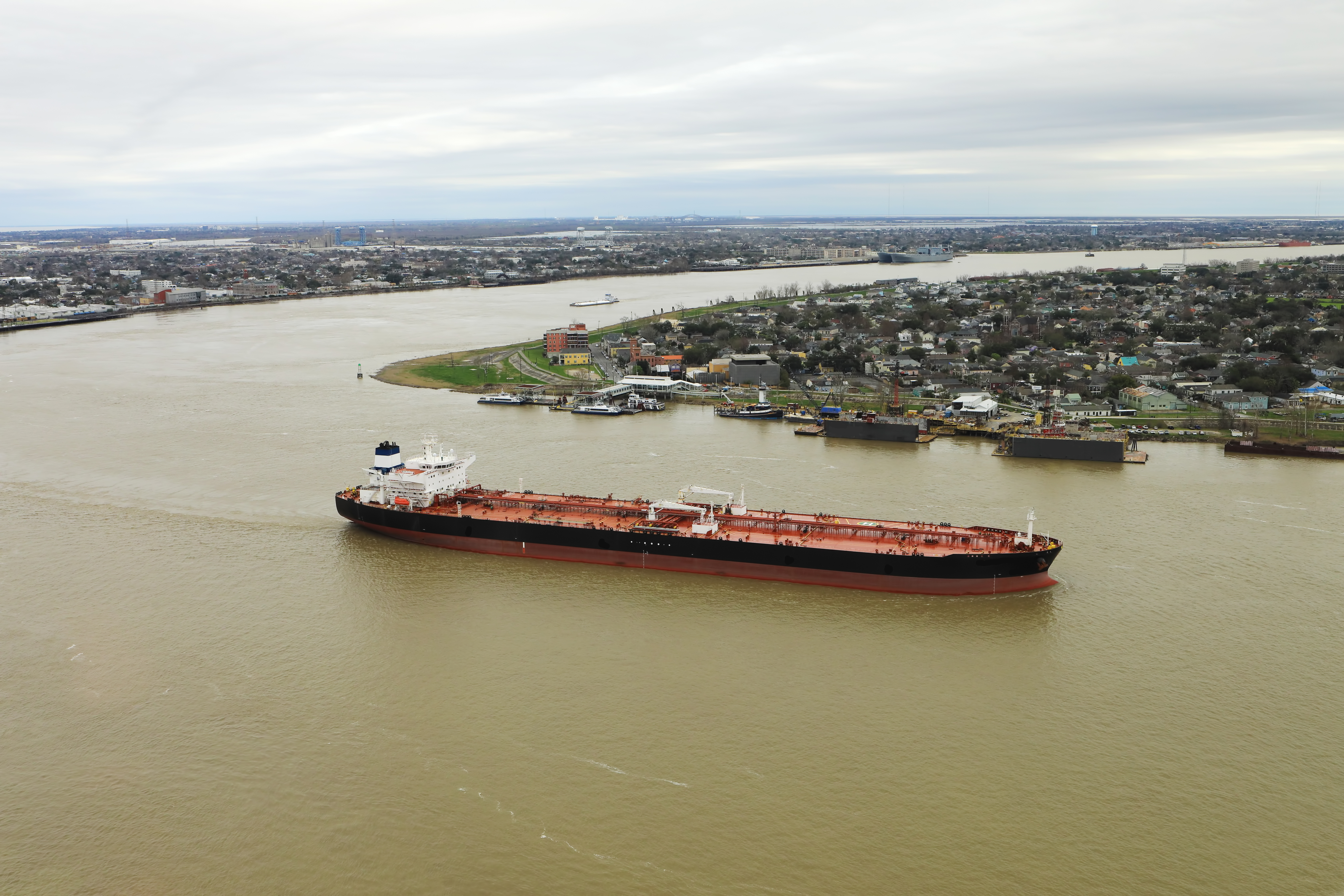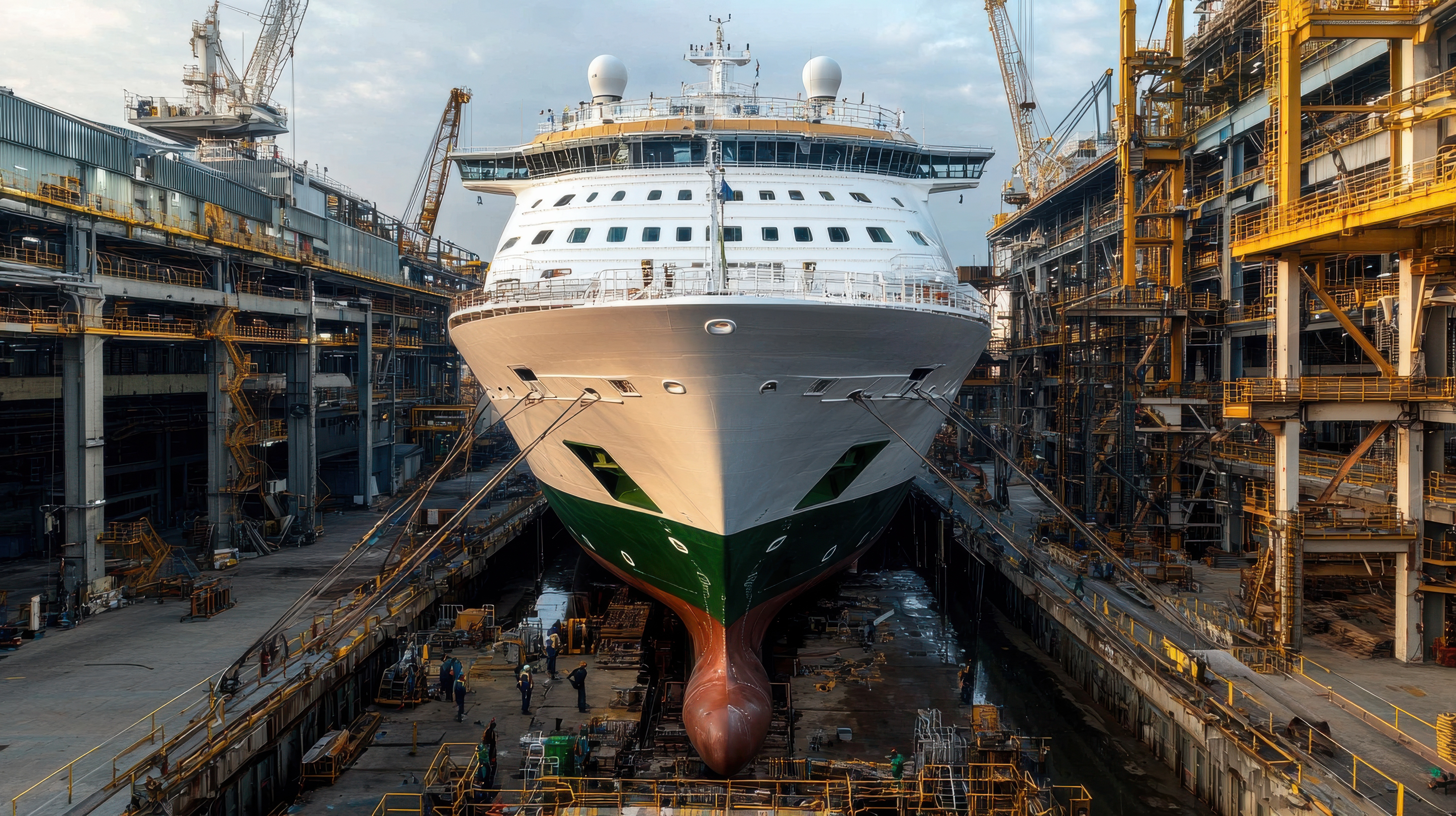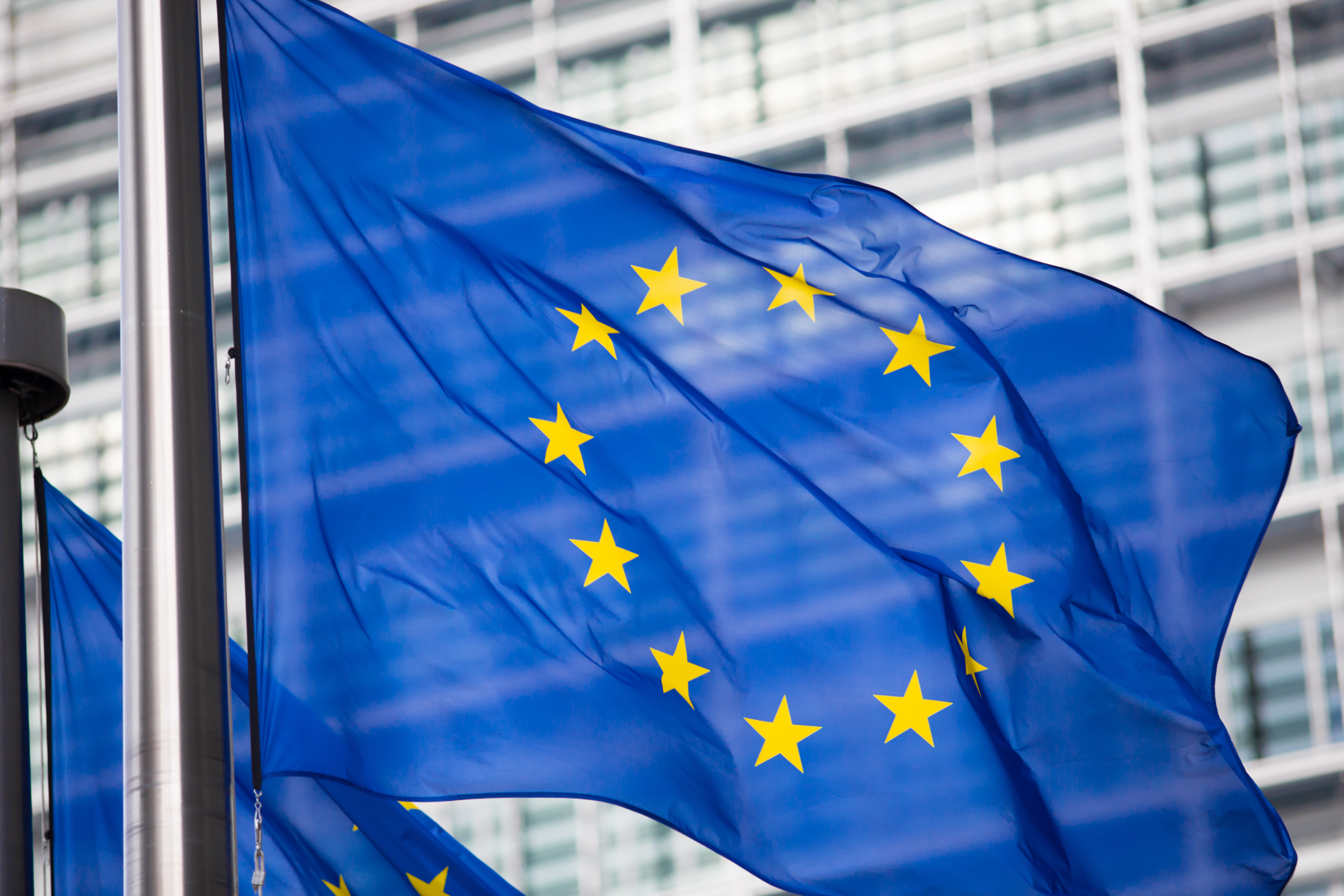From 1st March 2020, carriage ban on non-compliant fuel oil will enter into force. This means that ships can no longer carry non-compliant fuel on-board unless the same is carried as cargo. Any non-compliant fuel remaining on-board must be removed from the vessel’s fuel tanks failing which there will be a de-facto non-compliance even if such fuel was not intended to be used for consumption. The Carriage Ban does not apply to vessels fitted with operational scrubbers.
Plans to dispose such non-compliant fuel must have started well in advance, as this would have entailed careful planning between the vessel’s owner and charterer working out a bunkering strategy keeping in mind fuel price, supply timing, machinery fuel consumption patterns and subsequent disposal. Disposal plans must have considered among others, appropriate timing, ships trading pattern and disposal port regulations. It is a fact that not all ports allow disposal and there might be many ships seeking to dispose at the same time.
Keeping in mind the carriage ban, there might be many scenarios whereby a ship may end up with non-compliant fuel on board post 1st March 2020. It can be due to delays in the shipyard where a scrubber is scheduled to be fitted or, if the scrubber is already installed, it can malfunction and become inoperable. It can also occur when a vessel receives non-compliant fuel due to non-availability of compliant fuel at the bunkering port, or it is also possible that the has received compliant fuel oil as per the Bunker delivery note (BDN) but subsequent testing has revealed that the fuel oil is non-compliant. There could also be situations where certain operational limitations have put the vessel in a position where she is unable to discharge the non-compliant fuel prior the carriage ban deadline. Each case will need careful consideration and if non-complaint fuel remains on board after 1st March, it is advisable to follow MEPC.1/Circ.881, consulting the port state and flag state to agree on a solution.
Members can find all the latest developments on our dedicated resource page.





